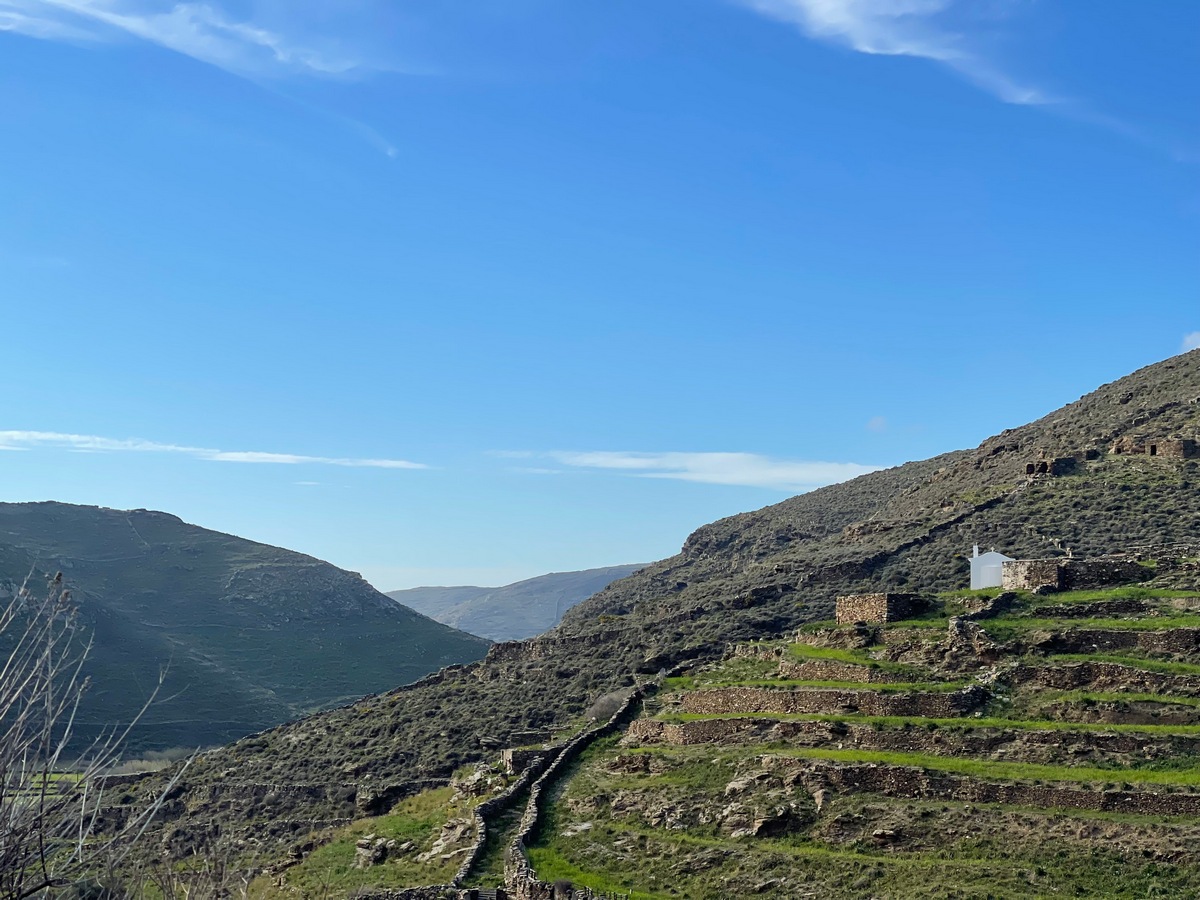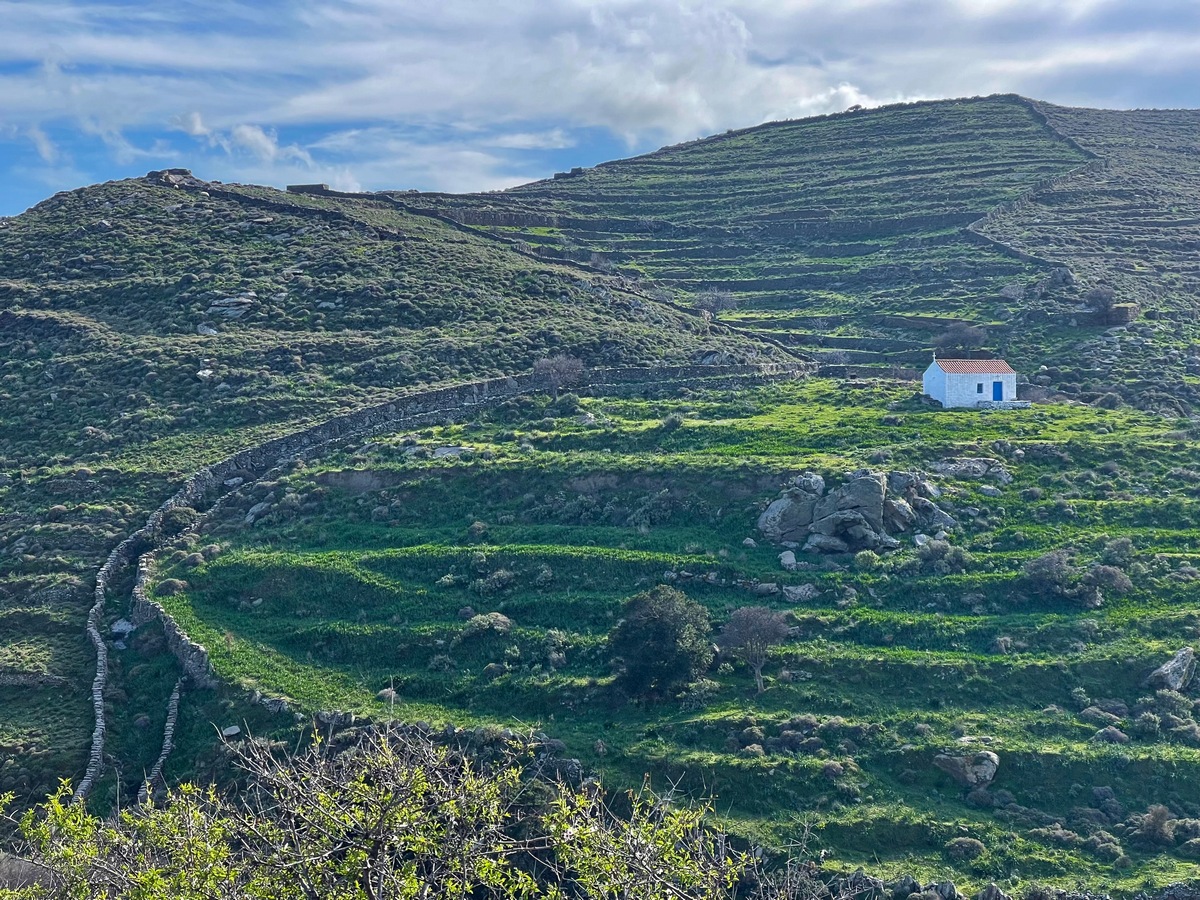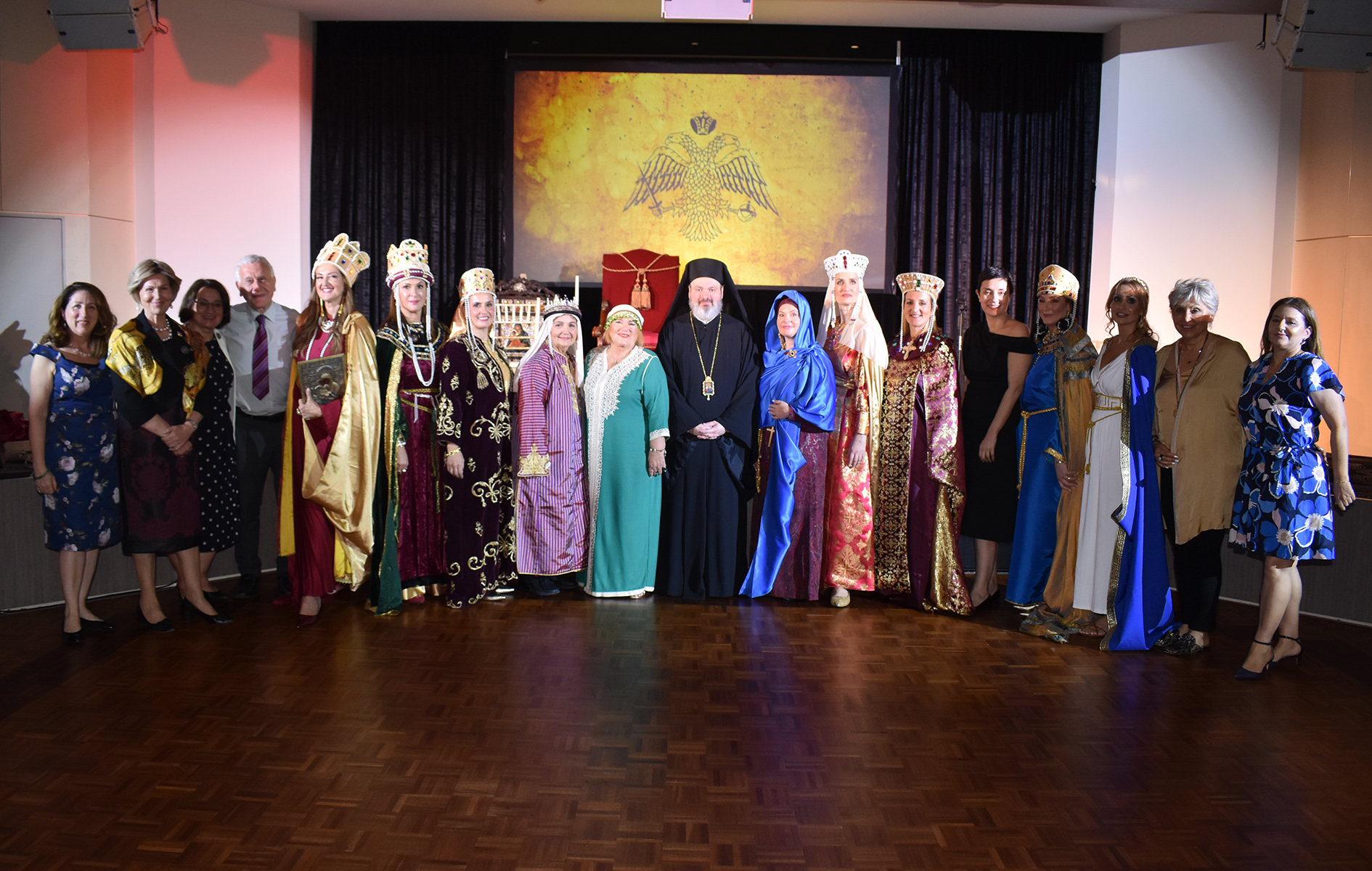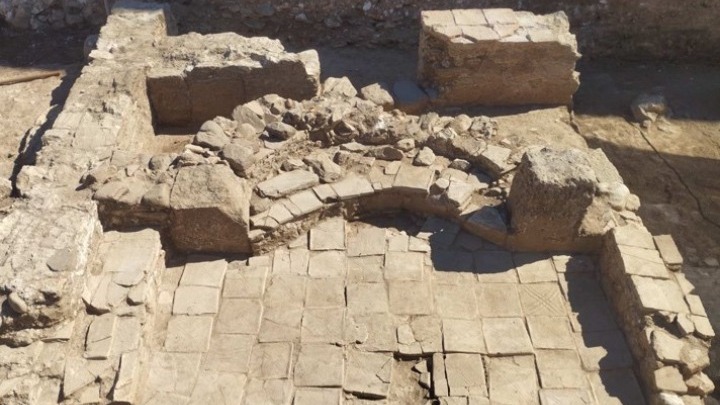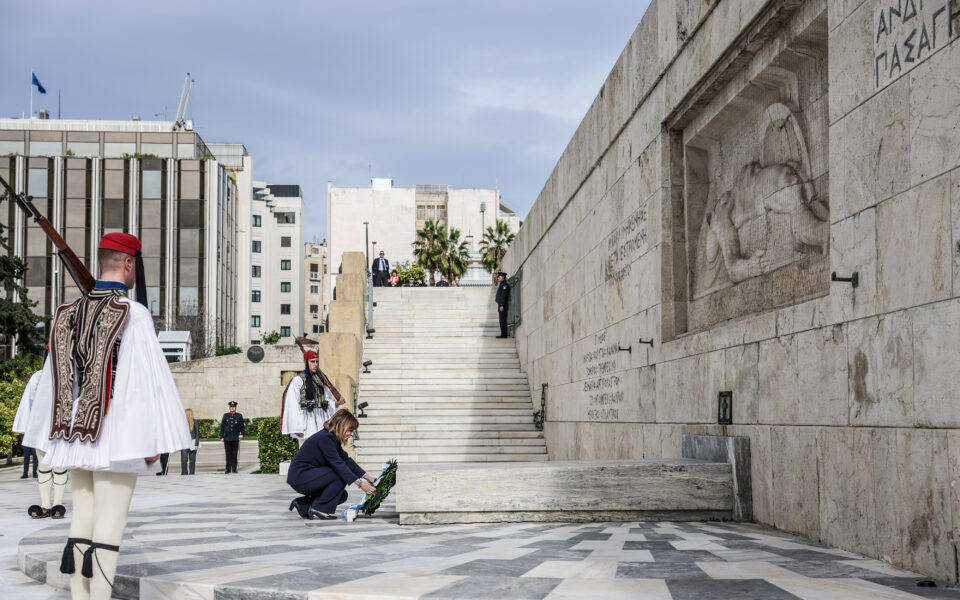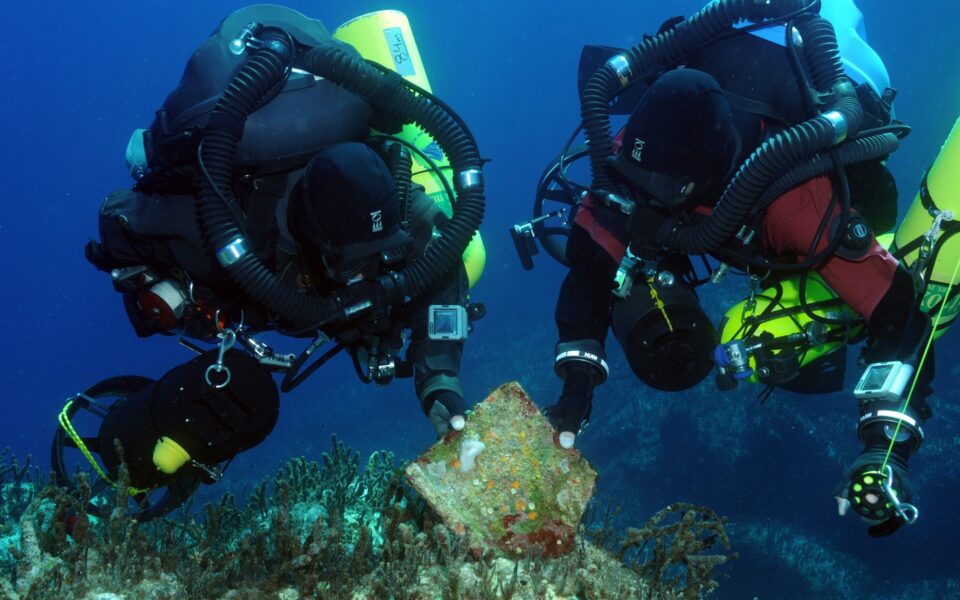Centuries-old Greek blessing of land custom submitted to UNESCO
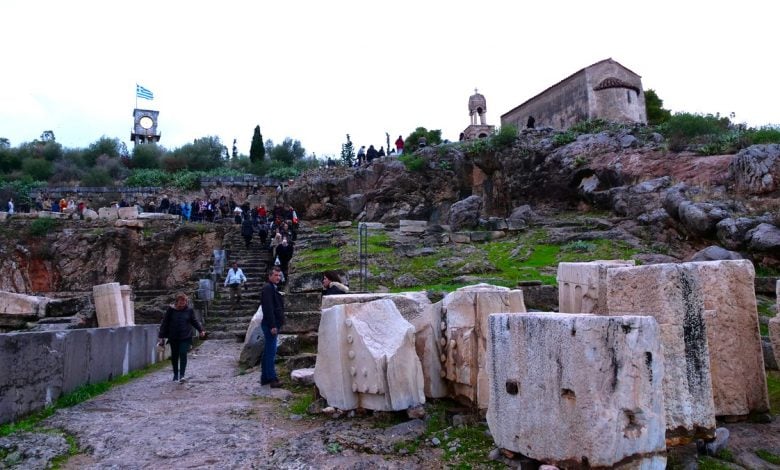

The Culture Ministry has submitted a request to UNESCO to inscribe a traditional Greek custom blessing the bounty of the land on its Intangible Cultural Heritage list, it announced on Thursday.
The custom, believed to demonstrate how early Christians continued to worship the ancient gods by associating the Virgin Mary with Demeter, goddess of the harvest and agriculture, was revived in Elefsina in 2014 by local cultural association Adrachti and has gained popularity since.
A custom with ancient roots revives every year in Eleusis, at the sacred site of the Eleusinian Mysteries, where from the Mycenaean era to the end of the 4th century, the goddess Demetra, goddess of the renewal of nature and the germination of the cereals, was constantly worshiped.
It is the custom of the polysporia (multiseeds), which takes place on the eve of the Entrance of the Most-holy Theotokos into the Temple, on November 20, in the post-Byzantine church of Panagia Mesosporitissa.
The church dominates the hill within the archaeological site – above the ancient Telestirion, the focal point of worship for the goddess – and is built on the ruins of an older Christian Church.
But what exactly is happening that day? Women boil legumes and wheat in their homes, reviving the rural tradition according to which everyone should boil what they produced. Afterwards, they go to the Folklore Museum, where they boil in a cauldron all of the above together with grape molasses, pomegranate and raisins.
The final product is then put in glasses, which after the Vespers are distributed to the people who have gone to the church to attend the festive liturgy, bringing bread and offerings for the celebration of Panagia Mesosporitissa.


